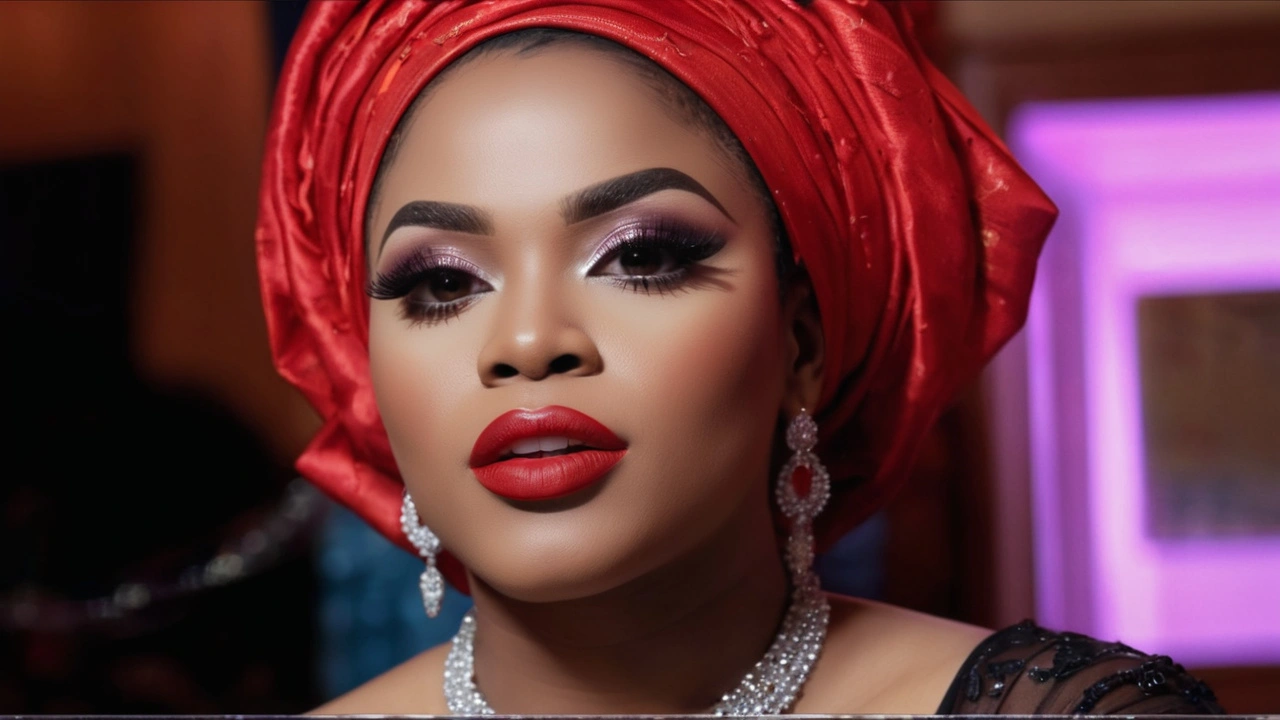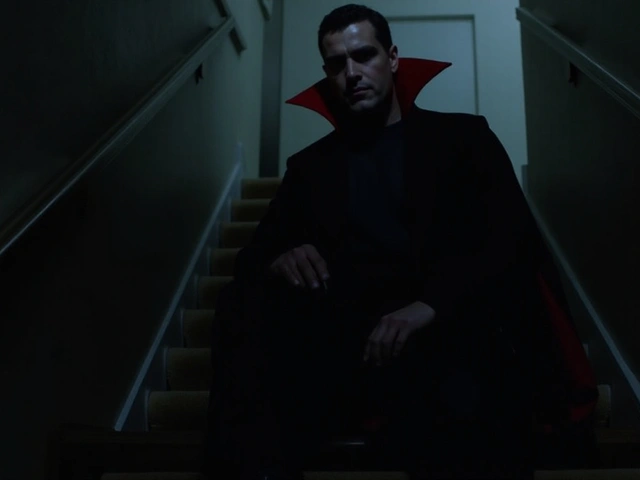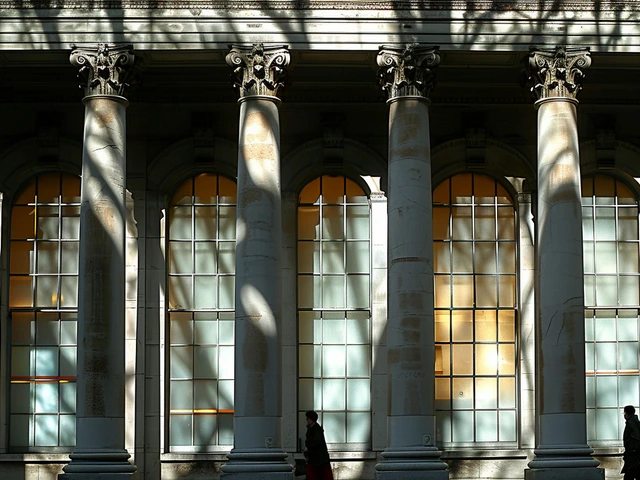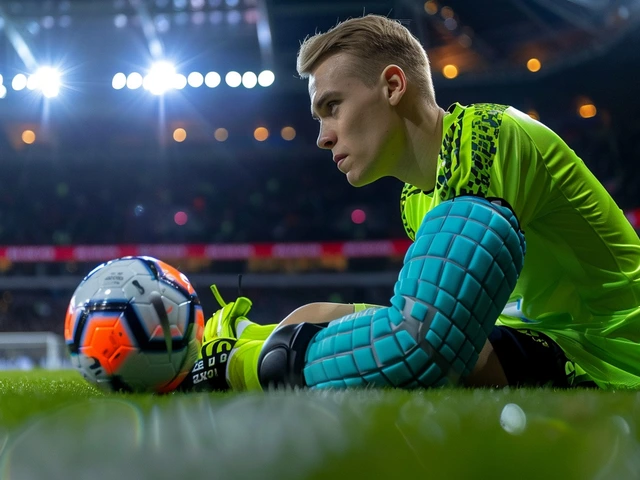Nigerian Crossdresser: Stories, Style & Social Shifts
If you scroll through Lagos streets or watch Nairobi’s TikTok feeds, you’ll notice more people breaking the old dress code. Nigerian crossdressers are turning heads, posting selfies, and challenging what many thought was set in stone. It isn’t just about clothes – it’s a statement about identity, confidence, and belonging.
Why does this matter? In Nigeria, gender norms have long been tied to tradition and religion. When someone steps outside those lines, the reaction can be loud—both supportive and critical. Yet the growing visibility shows that change is happening from the ground up, not just in fancy magazines.
Fashion Influence
Crossdressers are adding fresh flair to Nigerian fashion. Think bold Ankara prints paired with sharp tailoring, or streetwear looks that mix traditional beads with contemporary sneakers. Designers like Deola Sagoe and boutique brands now feature gender‑fluid collections on runways, proving there’s a market for style that isn’t bound by ‘male’ or ‘female.’
Social media amplifies this impact. A single Instagram post can spark a trend across the country within hours. Young fans start copying makeup techniques, hairstyle choices, and even how to carry confidence in public spaces. The result? A more vibrant fashion scene that reflects real lives.
Legal and Social Landscape
Legally, Nigeria’s stance on gender expression is still tricky. While there are no explicit bans on crossdressing, the broader LGBTQ+ climate can make everyday life risky. Police raids, community shaming, or family pressure are real concerns for many.
Despite these hurdles, support networks are emerging. Online groups offer safe spaces to share tips, stories, and resources. NGOs focused on human rights sometimes include gender expression in their advocacy, pushing for clearer protections.
The conversation is also moving into mainstream media. Talk shows now invite crossdressers to discuss fashion, mental health, and cultural identity. When a popular celebrity publicly supports a Nigerian crossdresser, it sends a signal that acceptance can be cool and profitable.
What can you do if you want to help? Start by listening without judgment. Share positive posts, donate to local LGBTQ+ groups, or simply use the correct pronouns when you meet someone who identifies differently. Small actions add up, creating a safer environment for everyone.
For those curious about the history, crossdressing isn’t new in Africa. Traditional performances and festivals have long featured gender‑fluid costumes. Modern Nigerian crossdressers are reviving that spirit but adding personal stories and contemporary style to it.
In everyday life, you’ll see the influence in nightclubs, street markets, and even university campuses. People experiment with makeup, hairstyles, and clothing as a form of self‑expression rather than rebellion. That shift from ‘shocking’ to ‘normal’ shows how quickly attitudes can evolve.
Looking ahead, expect more collaborations between crossdressers and fashion houses, more coverage in local news, and perhaps new legal discussions about gender identity rights. The momentum is building, and the conversation is getting louder.
So whether you’re a fashion lover, a social activist, or just someone curious about changing cultures, keeping an eye on Nigerian crossdressers offers insight into how a country can blend tradition with modern self‑expression. It’s a story still being written, and every new voice adds depth to the picture.

Bobrisky's Release: Nigerian Crossdresser Completes Prison Sentence for Currency Abuse
Idris Okuneye, better known as Bobrisky, completed a four-month prison sentence for currency abuse and was released from Kirikiri Correctional Center. Arrested on March 24 and sentenced on April 12, his release has grabbed social media attention as videos show him departing the facility in a luxury car with friends.



